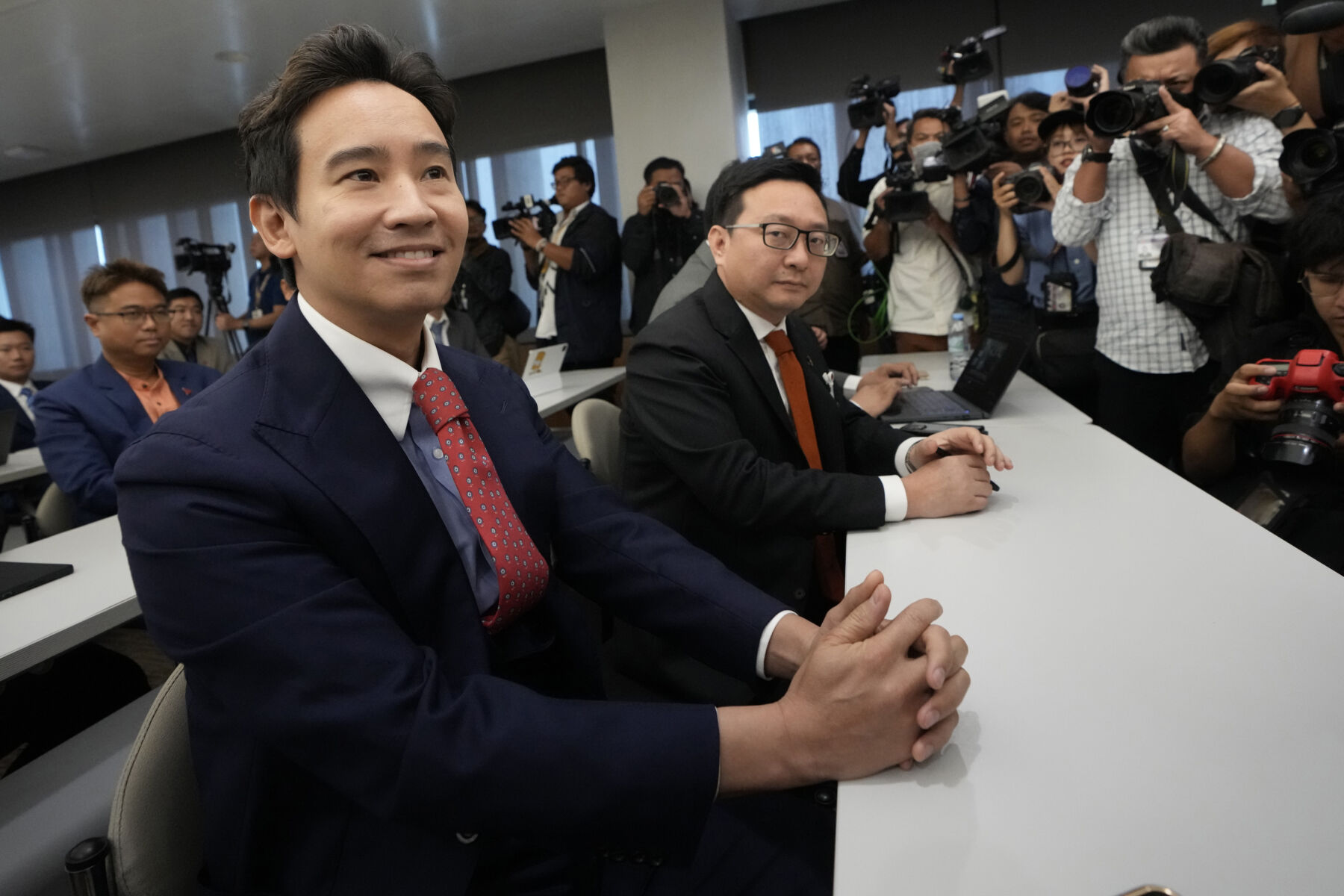Thai court orders Pita and Move Forward Party to refrain from lese majeste law reform

The Constitutional Court ordered the advisor to the former leader of the Move Forward Party (MFP), Pita Limjaroenrat, and the party to cease campaigns to reform Section 112 of the Criminal Law, also known as lese majeste law. Their efforts were deemed to pose threats to the monarchy of Thailand.
During the General Election last year, one of the key policies of the MFP was to reform the lese majeste law. This initiative garnered criticism for the party and later became a significant factor leading to the majority of MPs and senators voting against Pita during the selection of Thailand’s new prime minister.
Thai lawyer Teerayut Suwannakaesorn filed a lawsuit against Pita and MFP accusing them of using rights and freedom to overthrow Thailand’s democratic form of government with the king as head of state according to Section 49 of the Constitution.
Teerayut requested the Constitution Court to consider his complaint, and the court did consider the case on July 12, a day before the PM selection in Parliament.
The investigation and questioning continued until the court announced its decision this afternoon, January 31. Pita and MFP members did not present themselves at the court hearing. Only the complainant, Teerayut, attended court today.
At about 3pm, the court declared that Pita and MFP’s plans to reform Section 112 of the Criminal Law violated Section 49 of the Constitution, constituting threats to the monarchy. The court ordered both Pita and MFP to refrain from any activities in the future related to the lese majeste law.
Party dissolution
Before the court’s decision was made public, the leader of the now-dissolved Future Forward Party and the President of the Progressive Movement, Thanathorn Juangroongruangkit, expressed his belief to the media that the MFP would not be dissolved over these allegations.
“I want society to focus on the fact that laws did not come from gods but from humans. If humans create them, humans should have the right to amend them. This is the basic principle. If MPs and legislative departments could not make any changes to the laws, there is something wrong with the country.”
MGR Online reported that the matter might not end with the court’s decision to refrain from lese majeste law. The media reported that the Constitutional Court’s decision could be submitted to the Election Commission of Thailand (ECT), and the ECT could decide to dissolve the party and ban all members of the party’s executive team from participating in future elections.
Moreover, the Constitutional Court’s decision could be submitted to the Office of The National Anti-Corruption Commission (ONACC) to accuse Pita of violating the ethical standards of Thai politicians.
Latest Thailand News
Follow The Thaiger on Google News:


























